At last we can present the recording of our “art song” offering based on Jakob Stein’s poem “Sefiros” (both published in our Winter 2015 issue). Contributor and musician Claudia Monpere offers her informed and sensitive response to playing Ellen Ruth Harrison’s score.
Claudia Monpere: I love the fusion of music and poetry, but I’ve never been involved in a collaboration of the two arts. After reading the winter 2015 issue of The Cincinnati Review, I sit at the piano and play Ellen Ruth Harrison’s score of Jakob Stein’s poem “Sefiros.” Oh, what a haunting and lovely composition of a deeply moving poem. Since the parts for both violin and soprano are in the treble clef, I experiment, playing the soprano part an octave higher, then trying the violin section an octave lower. I experiment further, sometimes singing the words, other times reading them silently as I play.
The key of A minor is perfect for this elegy, and the music enhances the poem’s emotional intensity. Holocaust images of fire, bones, and ash are juxtaposed with private loss. As my left hand plays the frequent sequences of triplets, the keys accumulate waterfalls of grief. There are no full chords in this piece. Instead, there are double-stops which heighten the mournful quality. I play slowly, very slowly—“In every abandoned chamber of names charred limbs & leaves read by black flame”—until the tempo quickens and the music turns discordant: “bone-known and written in skeletal verse.”
Stein’s language is replete with consonance and assonance. Harrison’s score lingers on some words and phrases, intensifying the music in the language. With those searing final images: “black plume, bottomless chasm, blazing gate,” my right hand strikes the high A hard—forte—a tied note holding on, gripping through another waterfall triplet,falling downward while the left hand fades—pianissimo. Then the final double-stop of D and A, a long tie, echoes of loss, eons of loss. Silence.


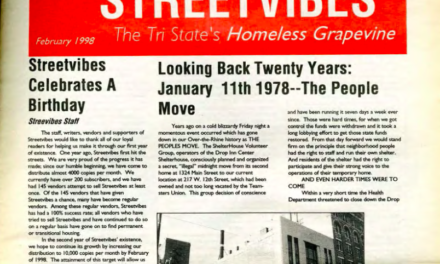
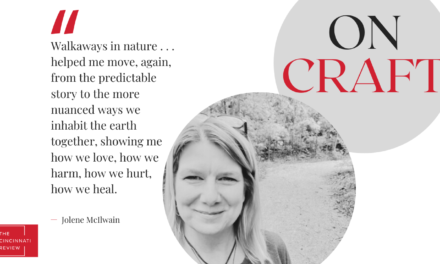
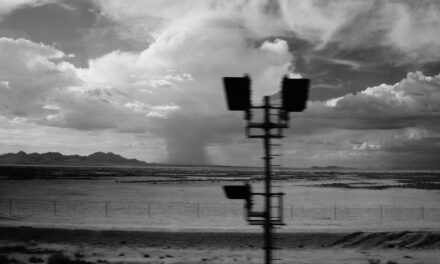
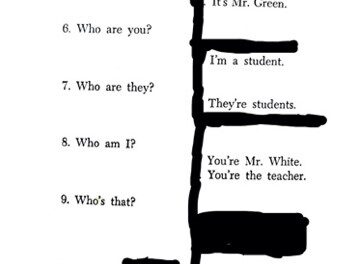



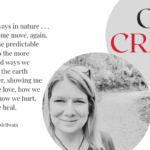
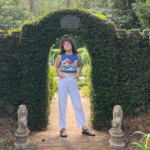
I like how you combined the technical and emotional perspectives of music and poetry. As a musician, I have always been interested in the intersection of the two. The music is very moving and beautiful!